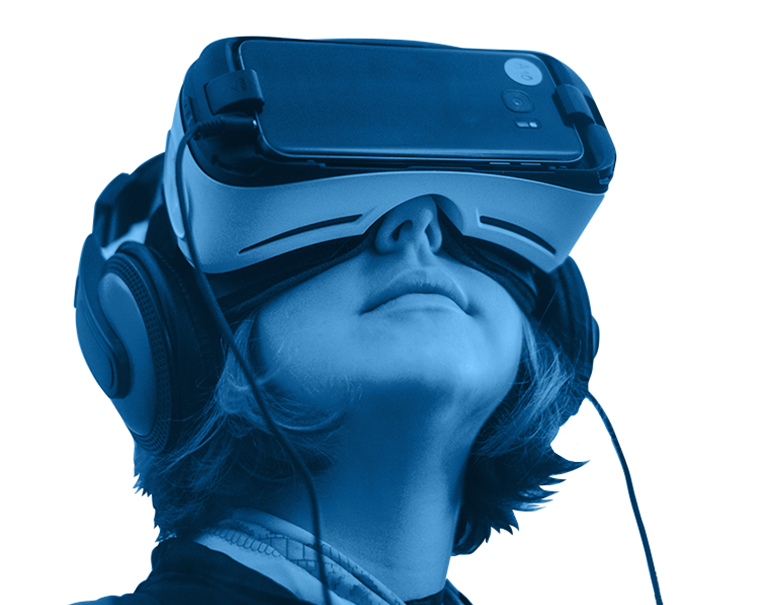Employee Engagement, Innovation
In 2020, work, life and the world are inseparable.
The days of leaving your personal life at the company doorstep are over. Frankly, the concept never really worked in the first place.
While organizations were trending away from “work-life balance” and towards “work-life integration” already, COVID-19 completed the shift. The global pandemic has caused a 100% work-life integration for millions of workers and families worldwide.
The new wave of racial justice movements has also sparked further discussions of how individual identity, including race and ethnicity, is experienced by everyone in a personal way in the workplace. And recent Supreme Court rulings protecting LGBTQ+ employees remind us that the fight for fairness and equality for all are ongoing.
The emotions, hopes, frustrations and anxiety provoked by the uncertainty and changing landscape can’t be ignored or compartmentalized during the workday. From tears with coffee to throwing in a load of laundry and juggling childcare before hopping onto the next Zoom call, life is all interconnected and shared in new and more integrated ways.
So what does that mean for leaders and managers?
Your team can’t bring their 100 percent if only 50 percent of their selves are allowed to show up. The way to attract, engage and retain talent involves building a culture that encourages employees to bring their whole selves to work.
Why employee engagement is important
We talk about employee engagement all the time but do we truly know what it means? It's not about employee happiness, although that is important.
One useful definition I've found describes employee engagement as the "intersection of maximum contribution for the business and maximum satisfaction for employees." It draws the connection between employees’ satisfaction with their work and employer to their productivity and organizational results.
Our research shows that when employees are highly engaged, they want to stay a long time, feel pride in the company and their job and demonstrate a willingness to cooperate and go above and beyond.
A Google search will reveal that employee disengagement is a real challenge for businesses. There are a variety of causes: employee burnout, dissatisfaction with compensation and benefits and feeling psychologically and emotionally unsafe, to name a few.
Bringing your whole self drives innovation and well-being
To create an engaged workforce, employees need to feel truly connected to the business. That will never happen if employees can only bring a piece of themselves to work.
When employees have to plaster on a smile and fake it just to get through a day, it takes a huge toll on all aspects of well-being. Dealing with feeling excluded, judged or unwelcome requires a huge energy output. Employees could otherwise channel that energy to develop new ideas, serve customers or create new products.
Our Innovation By All™ research has proven that the best ideas come when everyone can contribute insights from their unique and personal experience. If your team feels like they have to hide or diminish any aspect of their identity, from being gay to life as a Latinx person, a parent or cognitively diverse, your business will suffer.
One could argue that this is common sense. But remember, for years, organizations have told employees to leave their personal lives at the door, that emotions are not “professional” and in the worst cases, that harassment and microaggressions are just how it is — quit talking about personal stuff and focus on work.
Today, organizations understand these are examples of how employees are prevented from bringing their whole selves to work.
The key to encouraging employees to bring their whole selves to work is to incorporate well-being into organizational culture.
It starts with building trust
Bringing your whole self to work isn't a corporate program. It's a mindset that permeates the culture. It happens because trust exists at every level of the organization. When employees get to bring their whole selves to work, they value the company they work for.
This transformation involves trust. Organizations must change their mindset from "having employees who do the work" to "having people who do the work."
Employees only bring a piece of themselves. People bring their whole selves.
To make it happen, make it a priority
Engagement is the responsibility of both organizations and individuals. Mutual trust is the foundation. Trust that the organization will make bringing our whole selves to work a priority. Trust that managers will encourage and support bringing our whole selves to work.
Finally, trust that employees will hold themselves responsible and accountable for maintaining personal and professional well-being.
If you want to bring out the best in your workforce through creating a high-trust workplace, reach out to us about our employee experience management platform.











